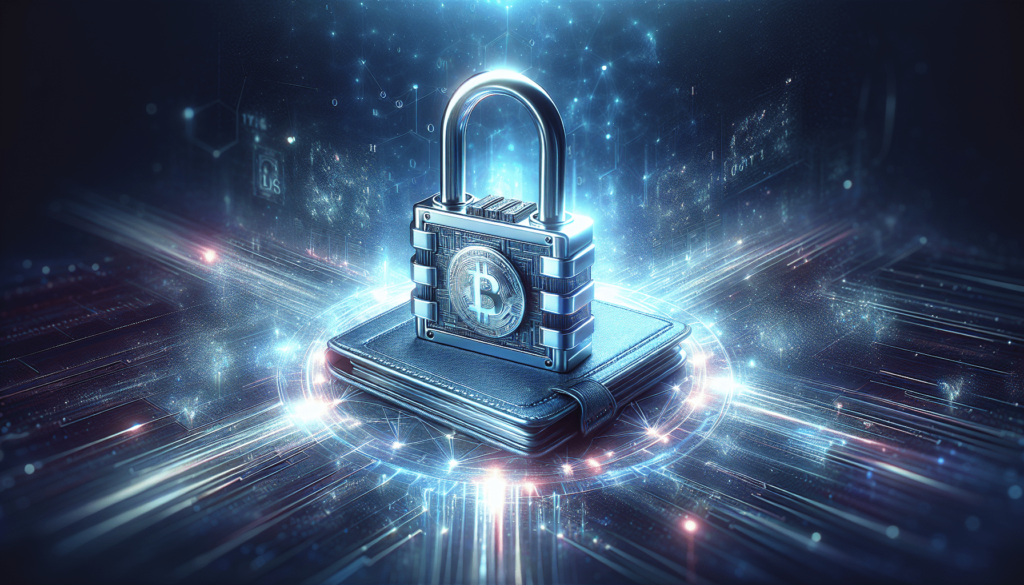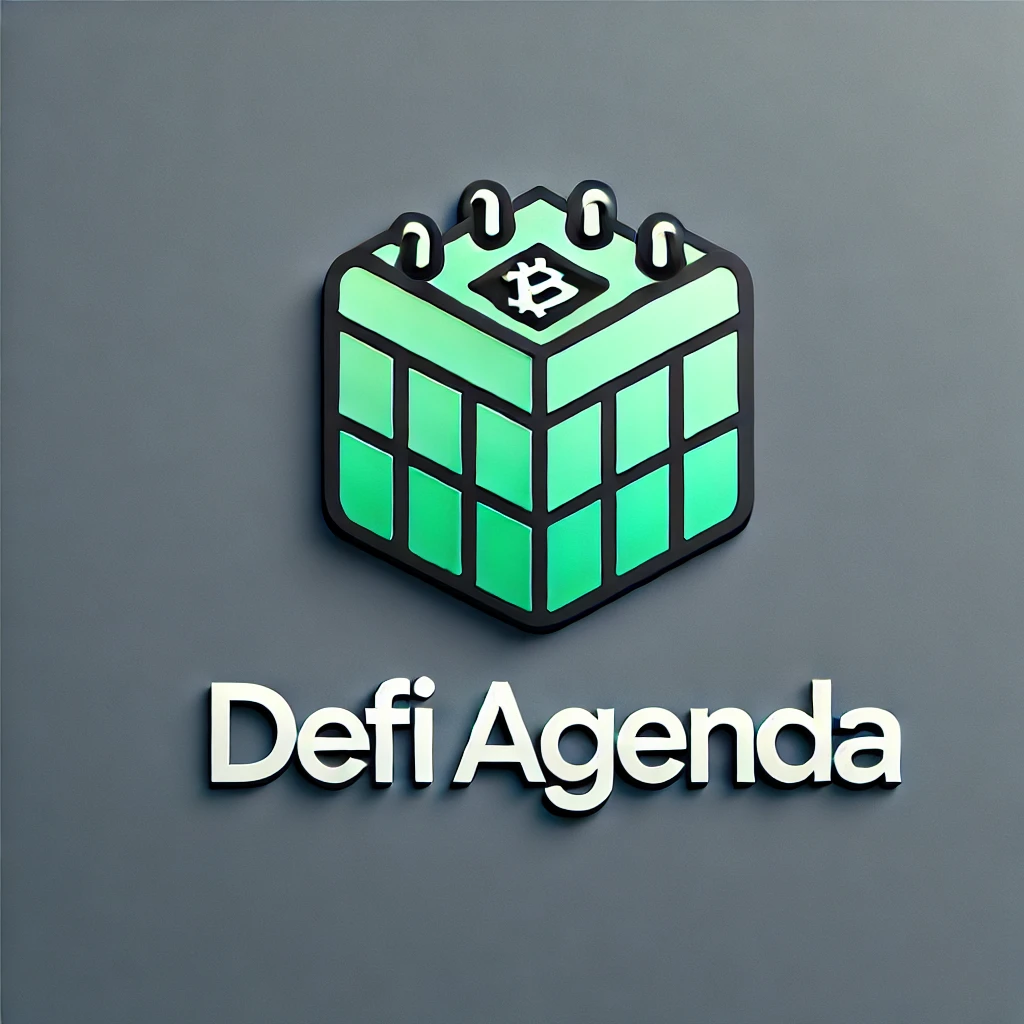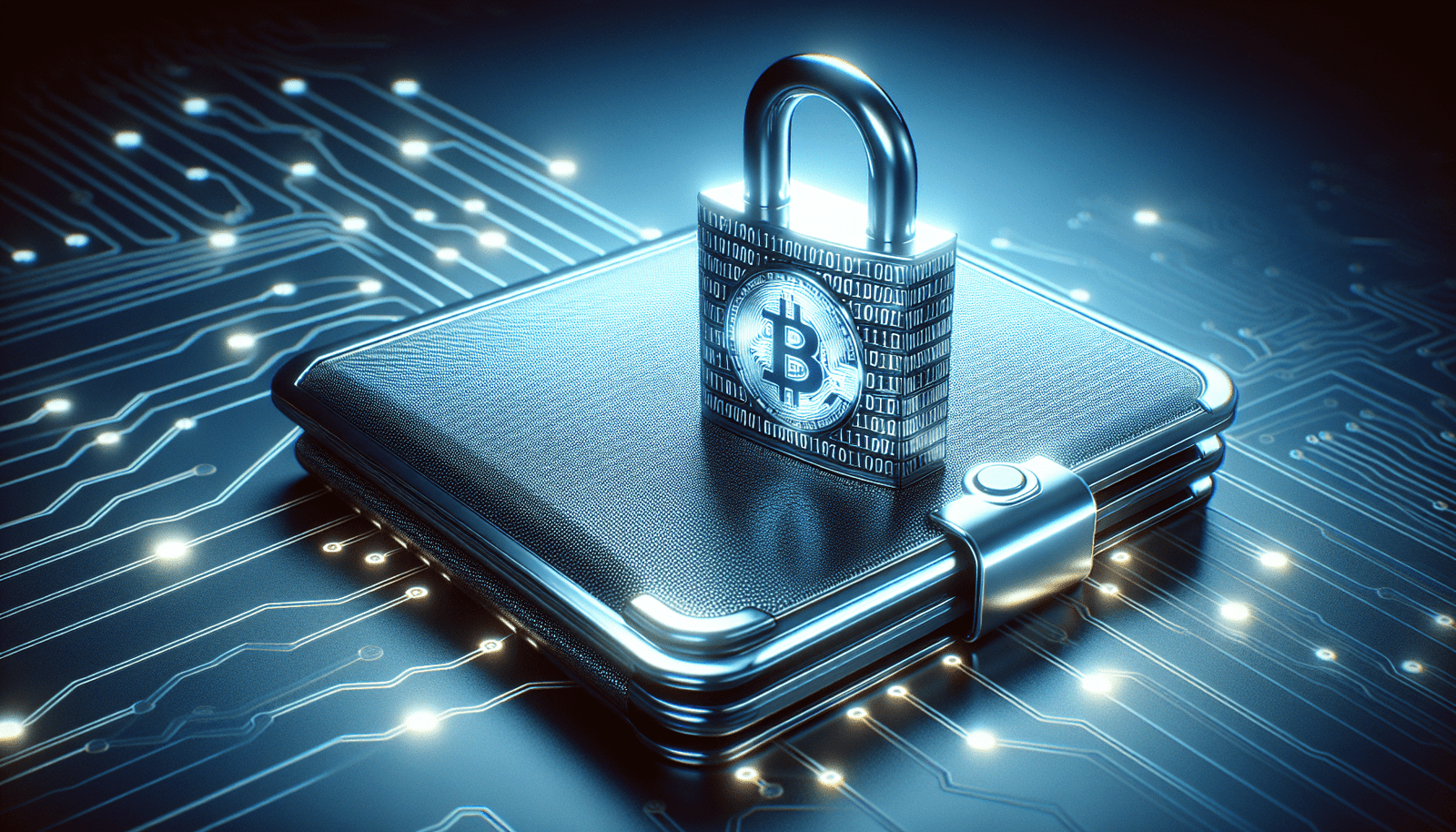How can you safeguard your crypto wallet against hacking in the DeFi (Decentralized Finance) space? Given the increasing popularity of DeFi and its associated risks, it’s essential to establish effective protective measures for your digital assets.

This image is property of pixabay.com.
Understanding the Risks in DeFi
DeFi has revolutionized finance, but it also comes with its own set of vulnerabilities. Understanding these risks is the first step towards protection.
Hacking Vulnerabilities
DeFi platforms often use smart contracts, which can contain bugs or security flaws. These vulnerabilities can be exploited by hackers, leading to significant financial loss for users. Cases of high-profile hacks serve as stark reminders of the potential dangers.
Phishing Attacks
Phishing attacks are another prevalent risk in the DeFi ecosystem. Cybercriminals cleverly disguise themselves as legitimate entities, tricking users into revealing sensitive information, such as private keys or passwords. These attacks can happen through emails, fake websites, or direct messages.
Unregulated Environment
The decentralized nature of DeFi means there is often minimal regulation and oversight. This lack of regulation can make it challenging to seek recourse if you fall victim to a scam or hack. The responsibility for your security largely lies with you.
Securing Your Crypto Wallet
Now that you understand the risks, let’s look at practical steps you can take to secure your crypto wallet.
Choose the Right Wallet Type
Selecting the right type of wallet is foundational to your crypto security. There are three main types:
- Hardware Wallets: These are physical devices that store your private keys offline, making them less susceptible to online attacks. Examples include Ledger and Trezor.
- Software Wallets: These can be installed on your computer or smartphone. While convenient, they are more vulnerable to hacking.
- Paper Wallets: A paper wallet is a physical document that contains your private and public keys. It’s offline and highly secure if kept in a safe place.
Consider your needs and usage frequency when selecting a wallet type.
Implement Two-Factor Authentication
Two-factor authentication (2FA) adds an extra layer of security. Whenever you log into your wallet, you’ll need to verify your identity using something you own (like a smartphone app) in addition to your password.
Use Strong, Unique Passwords
Creating strong, unique passwords for your crypto wallets is non-negotiable. Avoid reusing passwords across different platforms, and consider using a password manager to help you generate and store complex passwords securely.
Regular Software Updates
Keeping your wallet’s software updated is crucial. Developers frequently patch vulnerabilities in their software. Regularly installing updates helps protect against the latest threats.
Be Wary of Phishing Attempts
Strengthening your defenses against phishing is critical as these attacks can be quite sophisticated.
Verify URLs
Always double-check URLs before entering any personal information. If you receive an email urging you to log in to your wallet, navigate to the official site manually rather than clicking a link.
Avoid Public Wi-Fi
Public Wi-Fi networks are often unsecure, making it easier for hackers to intercept your data. If you must use public Wi-Fi, consider employing a Virtual Private Network (VPN) to encrypt your online activity.
Educate Yourself on Common Scams
Stay informed about prevalent scams in the DeFi space. Awareness is your best defense. Knowing what to look out for can help you avoid falling victim to scams and phishing schemes.
Regularly Monitor Your Accounts
Keeping an eye on your accounts can help you detect unusual activity early.
Set Up Alerts
Many wallets and exchanges allow you to set up alerts for transactions, logins, or other activities. Enabling these alerts can help you respond quickly if something seems amiss.
Frequent Checks
Make it a habit to regularly check your wallet balance and recent transactions. Any unexpected changes should prompt you to investigate.
Secure Your Devices
Your devices can be a point of vulnerability as well.
Antivirus Software
Installing reputable antivirus software can provide an additional layer of security by preventing malware from installing itself on your devices.
Keep Your Operating System Updated
Regular updates for your operating system address security vulnerabilities. Keeping your device’s operating system up to date is vital for reducing the risk of exploitation.
Encrypt Your Devices
Encrypting your devices helps protect your data if your device is lost or stolen. Depending on your operating system, there are built-in options available for encryption.
Backup Your Wallet
Having a backup plan is essential for recovering your assets in case of accidental loss or theft.
Create Regular Backups
Regularly back up your wallet and store the backup in a secure location. Ensure you include your recovery phrase, as this will help you regain access to your wallet if needed.
Use Multiple Backup Locations
Consider keeping backups in various secure locations. This way, if one backup is lost or compromised, you still have access to your crypto assets.

This image is property of pixabay.com.
Be Cautious with Smart Contracts
Interacting with smart contracts in DeFi can expose you to risks. It’s essential to understand what you’re getting into.
Conduct Thorough Research
Before interacting with any smart contract or DeFi protocol, conduct thorough research. Look into the project’s team, community feedback, and any past security incidents.
Use Established Protocols
Whenever possible, utilize well-established DeFi protocols with proven track records. They are less likely to contain vulnerabilities than newly launched protocols.
Conclusion: Staying Vigilant in DeFi
Protecting your crypto wallet in the DeFi landscape requires diligence and proactive measures. By understanding the risks and implementing robust security practices, you can significantly reduce your chances of falling victim to hacks and scams.
Remember, the power of decentralized finance comes with the responsibility of safeguarding your assets. Stay informed, stay cautious, and enjoy the benefits of DeFi while keeping your finances secure. Your digital journey can be rewarding, so take the necessary steps to protect what you’ve worked hard to build!


